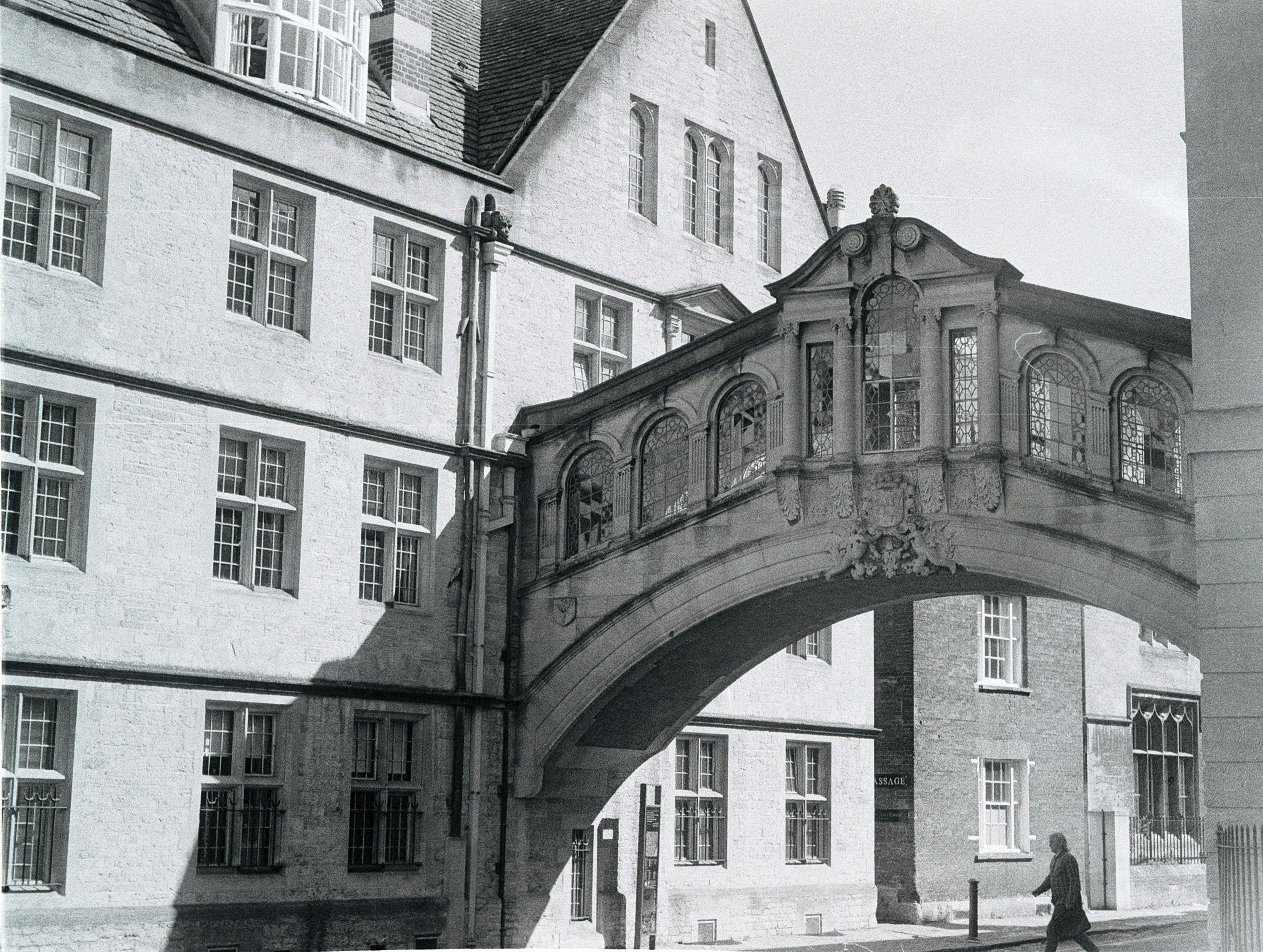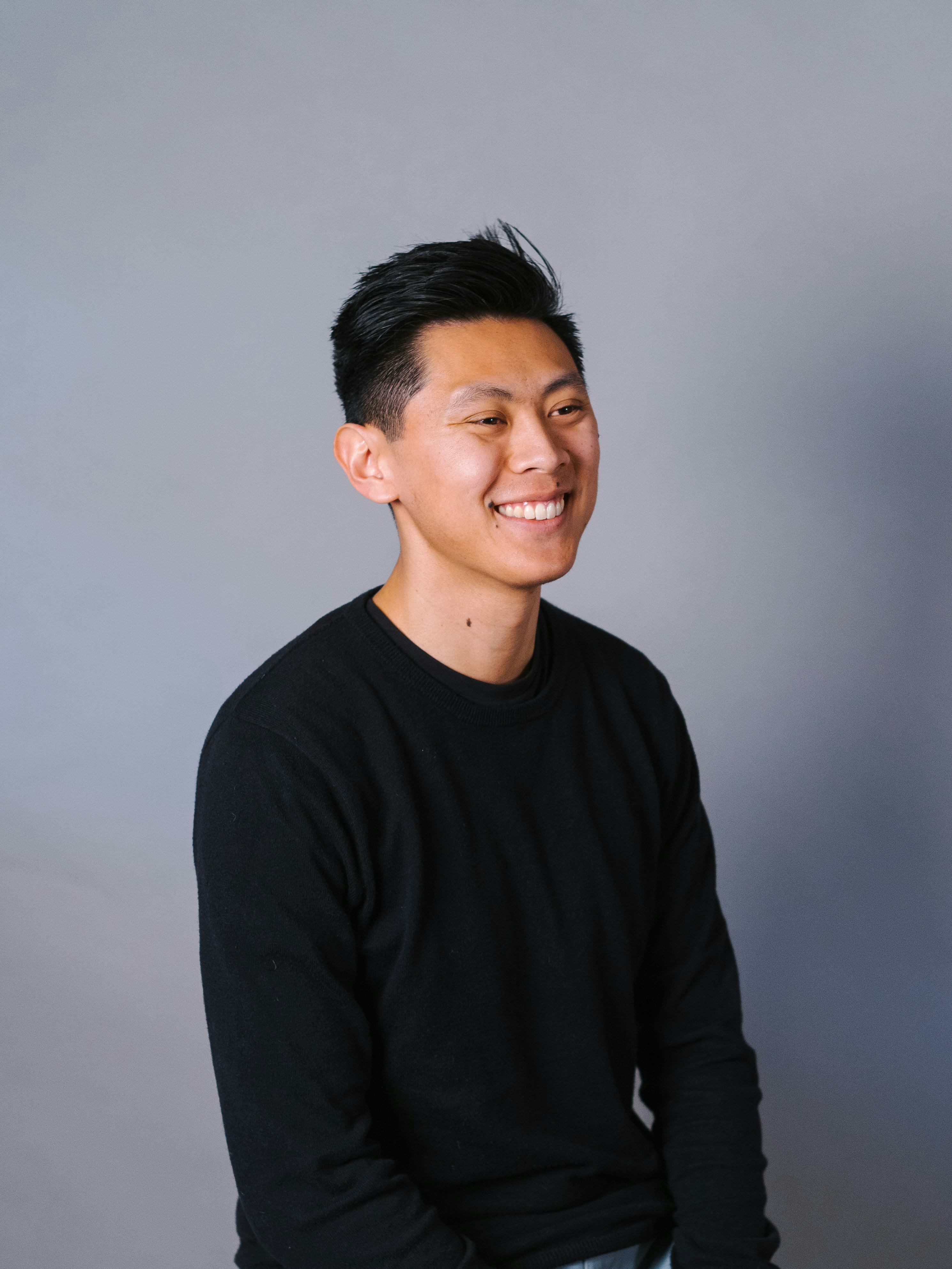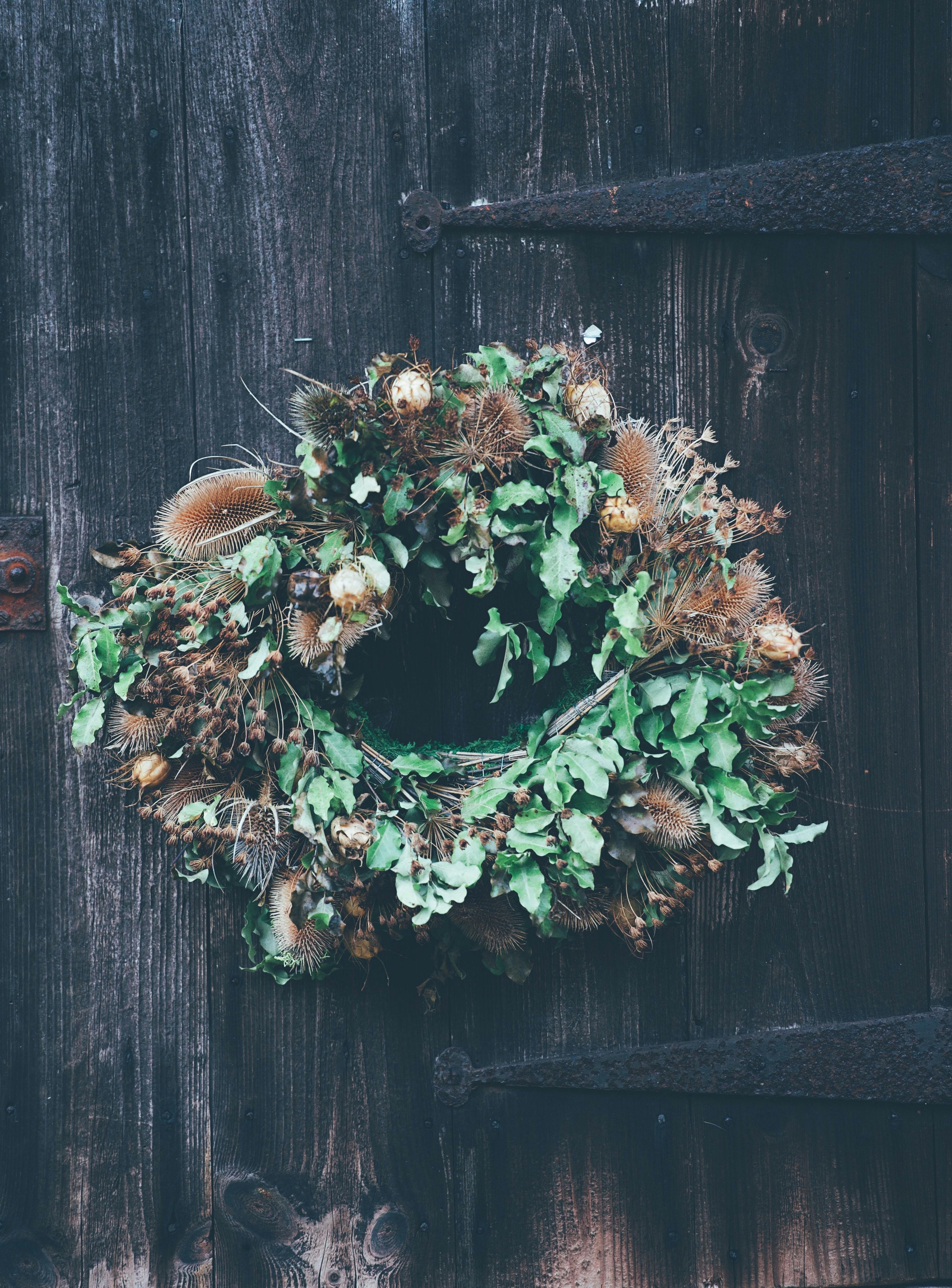When I was a child, I would frequently sit on the edge of my bed, looking through my small window, out at the moon. At the time, my goal was to become an astronaut. I would just think about what it would be like to be out there, in a place I had no comparable experiences to. But I imagined what it would be like. For the majority of my life, I never expected to indulge in my aspirations. I always hoped, for travel, a general feeling of discovery suffused in whatever life I would eventually live.
I would surround myself with as many books as possible. I didn’t know what was beyond the stratosphere. I knew that I needed to prepare myself as best as I could for when I would be out there.
*
One year ago, I set off on my first flight to study at Oxford University for the Michaelmas Term. I embarked just as autumn began its descent upon the Appalachians. It was the first time I did not witness a Pennsylvania autumn in 22 years. Before leaving for Oxford, I noticed the subliminal alterations in the landscape, the tips of maple leaves slightly shifting in hue, the trees (whose name I can never quite place) along the road that are always premature to turn, the apples swelling then signs being posted for cider and picking.
Because terms in Oxford were shorter than typical semesters, I waited for the term to begin and watched other students plunge into their semesters with vigor. I was a late bloom, required to wait for my own season and moment to turn golden. I craved to return to an academic environment. I brought along with me this patchwork mythology about Oxford. I believed I would be sitting in grand halls, reading seamless literature, drinking strong coffee, and picking up a British accent that would somehow prove that I had entered the environment of the best thinkers and writers in the world. And that I belonged there.
*
My time in Oxford was a constant battle between disciplining myself to fit the rigid mold of strict academia and allowing myself to wander. I observed the other American students who were in my same study abroad program. Most of them were studying pre-med or pre-law. I was somewhere between artist and intellectual, sure that everyone could see behind my façade and recognize that I was a trespasser in their immaculate sphere. I remember one evening, attending an Ilya Kaminski poetry reading in Teddy Hall. During the question and answer portion, I asked him if he recalled the first moment that he felt inspired to write with intention. My question was met with laughter and a smirk from a student who asked a question I could barely comprehend.
I realized that being accepted as “academic” there meant relinquishing that half of me which seeks a lyrical life. The Oxford I was expected to experience left me cold. The Oxford I allowed myself to experience cultivated my metamorphosis.
My Oxford consisted of miraculous study spaces with ancient books, people watching, silence, and conversations in a café on Broad Street. By allowing myself to be allured by both the exclusive and commonplace, the value of Oxford expanded. I expanded.
One of my hopes during my time in Oxford was provided by a Ginkgo tree planted behind a fence in my backyard. Each morning I would open my curtains and look out at the slow but deliberate progress of its gloss. Ginkgo trees have a unique allure to them, for their beauty, but also for their metaphoric value. Long after the leaves of other species have crusted and attempted to still cling to their branches, the Gingko transforms. And then every leaf falls gloriously and without hesitation. The Ginkgo tree does not fear that spring will not return. In the midst of outsider unknowing, the Ginkgo trusts itself to transform asynchronous to other species.
Every time I felt like I was thinking or learning incorrectly, I would look out at the Gingko tree and remember that the kind of growth I was seeking required a different face. I left Oxford with knowledge of beauty and Keats, aware that a change had happened within me.
I was unable to name the nagging feeling that made me feel like a stranger to academia until this autumn.
I laid on my bed, facing the wall. Tears streamed down my face as I tried to mute any sounds my grief might elicit. It was the night before my senior year of undergrad, and I was feeling completely inadequate, again. I had not done enough, had not selected a prestigious enough major, had not read enough books. But I could not control the onslaught of another semester. I knew I needed to let it envelop me.
I have been existing in the academic environment I craved to enter as a child, and I was still doing what I used to do- surrounding myself with as many books as possible in order to prepare myself for whatever may wait for me when I arrive. I was not practicing patience and contentment in my current season. I was instead looking toward something I was not yet intended to grasp. I think there is certainly some goodness that comes from readying oneself, but I think the most important thing to claim from those moments is the waiting which we are called to carry out.
*
Planted in the center of my campus are two magnificent Gingko trees, twin bastions of my nature. Every day, I look at these trees, reminded of their Creator. I believe in the Father. I believe that He is the God of promises and sunlight. He calls us to trust in His seasons, allowing His plan for beginnings and ends to cycle and order His world. Yet when I give in too deeply to fear, I forget how wonderful it is to surrender myself to the power of His seasons. I have been too accustomed to forcing my own growth by trusting in my own will, rather than His.
As Rainer Maria Rilke wrote in one of his revered letters to Franz Xaver Kappus, “Being an artist means: not numbering and counting, but ripening like a tree, which doesn’t force its sap, and stands confidently in the storms of spring, not afraid that afterward summer may not come. It does come.”
Rilke goes on, saying, “But it comes only to those who are patient, who are there as if eternity lay before them, so unconcernedly silent and vast. I learn it every day of my life, learn it with pain I am grateful for: patience is everything!”
The Ginkgo does not bide its time during the winter, each of its buds rioting within its trunk. Instead the Ginkgo meets the winter in expectancy and necessity. God has designed the Ginkgo tree to utilize these seasons to keep it stronger. In the face of change and disasters, the Ginkgo tree holds on and continues to live at its own pace, much like my faith, which grows in seasons.
At the waning of autumn, the Ginkgo rids itself of its aging leaves in order to make room for a new wave. I must worship not in spite of, but with my tears. Just as the Ginkgo tree responds to the shifts in its surroundings and reacts in order to keep itself thriving, so must I pause to make room for a new wave, then lean into its embrace. Spring does come.
Olivia Bardo is an editorial assistant at Sojourners. Her works appear on sojo.net, the Porch, the American Academy of Poets, Meniscus Journal, and elsewhere. She grew up with infusions of nondenominational and Baptist traditions and is continuing to journey down the ever-unfolding path of faith, discovering the Divine in nature, art, and people. She is often found reading or writing poetry, drinking tea, and baking bread. She resides in Washington, D.C..
Discover more from Olivia Bardo.









